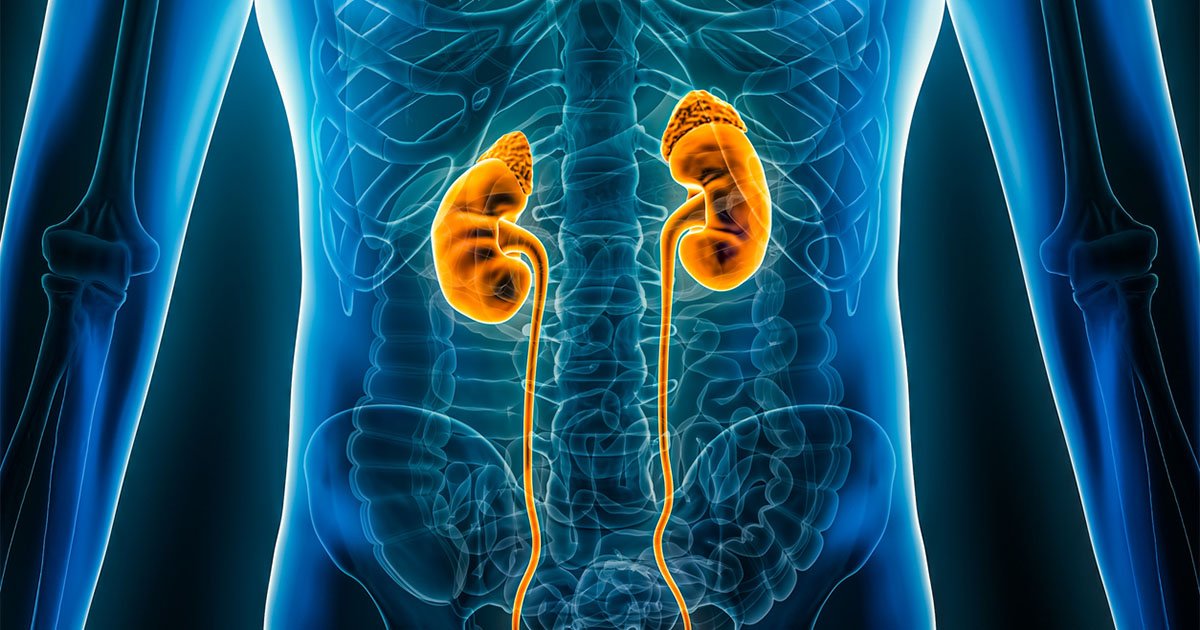The standard way to measure kidney function has long been a test known as estimated glomerular filtration rate — or eGFR — but in recent years some of the assumptions built into eGFR have raised questions about its potential for inaccuracy or bias. Some eGFR equations, for example, have included a race-based coefficient, particularly for Black patients, which was based on potentially flawed assumptions about muscle mass and serum creatinine production in certain populations. These eGFR tests tended to overestimate kidney function in Black individuals—which could delay chronic kidney disease (CKD) diagnosis, reduce access to critical treatments, and perpetuate health disparities among Black populations.
A new study from the University of Minnesota School of Public Health (SPH) tested recent efforts to update and improve eGFR calculations by removing these race-based adjustments.
To conduct the study, researchers analyzed data from 6,646 individuals between the ages of 45 and 84 who are enrolled in a large, ongoing medical research study and who had no prior cardiovascular disease at enrollment. The researchers used four different eGFR equations—two that included race and two that did not—and followed participants for an average of 14 years. The two race-neutral eGFR equations factored in increased use of cystatin C, a biomarker that provides a more accurate measure of kidney function.
The study, published in Kidney Medicine, found that:
- Under the new equations, many Black participants were reclassified into lower eGFR categories, indicating worse kidney function and a higher likelihood that they would qualify for CKD diagnosis and treatment.
- Individuals with lower eGFR (as calculated using the new equation) had a 73% increased risk of developing dementia compared to those with normal kidney function. However, no significant association was found between eGFR and the risk of stroke.
“This study is significant because it helps to show how outdated measures of eGFR were overestimating kidney function in Black individuals, leading to disparities in diagnosis and access to care,” says Samuel Moen, SPH researcher and lead author. “By providing updated risk estimates of stroke and dementia using new measures of eGFR, the findings of this study reinforce the importance of race-neutral eGFR calculations. While the changes in eGFR estimates were small, their implications for diagnosis and access to treatment across all populations are profound.”
The study recommends future research should investigate the updated eGFR test on larger and more diverse sample sizes, including larger numbers of Black participants and people from other racial and ethnic groups.
This research was supported by the National Heart, Lung, and Blood Institute and the National Center for Advancing Translational Sciences (NCATS).

